News
EigenLayer & Cartesi to drive adoption with AI & DeFi Apps
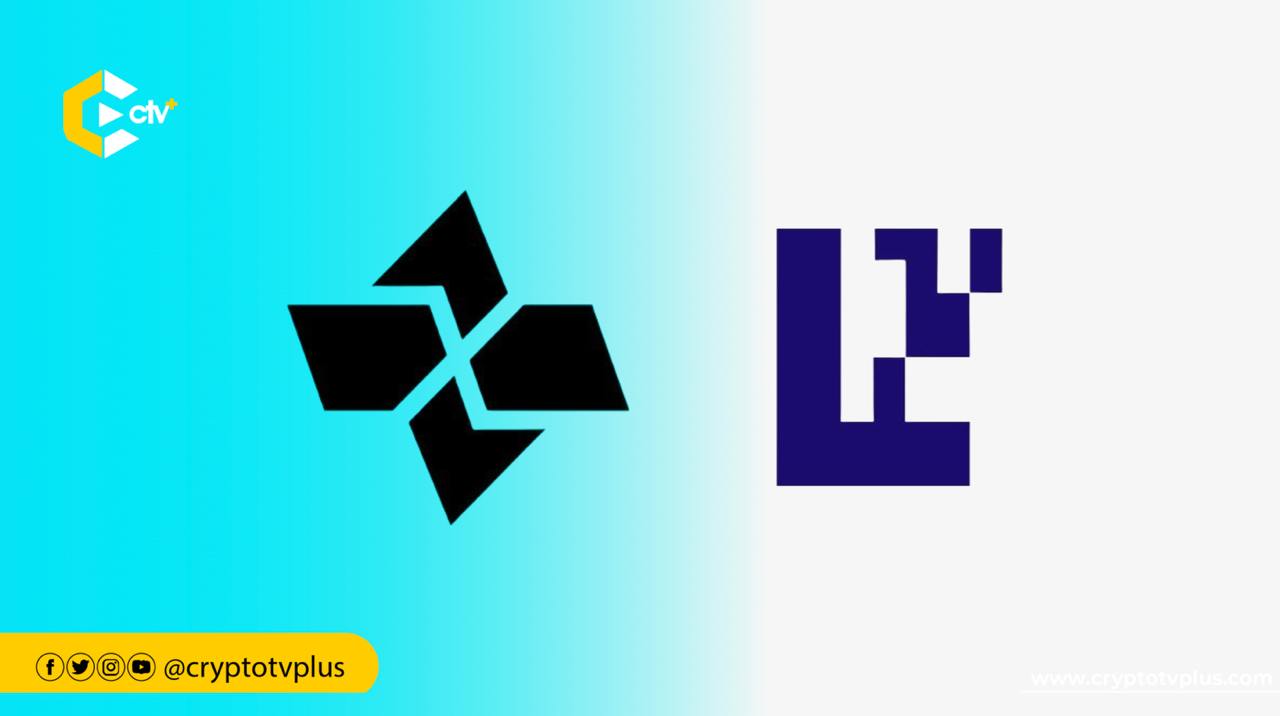
EigenLayer and Cartesi’s development teams are advancing mainstream adoption with the help of AI and next-gen DeFi applications.
With an emphasis on AI and blockchain, Cartesi and EigenLayer are collaborating on a hackathon to build the next major crypto innovation.
The teams behind Ethereum’s restaking protocol EigenLayer and modular blockchain Cartesi have initiated a project focused on creating the next transformative crypto app and broadening adoption.
Calling on their core teams, the blockchain protocols aim to promote the development of transformative decentralized applications (DApps) that drive greater user engagement.
Between Feb. 10 and Feb. 18, the core developers of both companies will host a private hackathon to develop and assess prototype consumer DApps with novel functionalities, according to an official statement.
Cartesi founder Erick de Moura aims to expand Web3’s design possibilities by “bringing real-world computation onchain” in the third Cartesi Experiment Week.
“With EigenLayer, Cartesi’s Linux Coprocessor unlocks groundbreaking possibilities for developers. Experiment Week offers a unique opportunity to showcase practical applications and inspire new builders and founders through this powerful collaboration.”
As Ethereum’s top restaking protocol, EigenLayer has amassed a total value locked (TVL) of more than $13.7 billion, according to DefiLlama.
Blockchain infrastructure has grown substantially, but developers must innovate more and create easier-to-use interfaces for end users to achieve broader adoption.
In a statement to the press, Coinbase’s senior engineering director Chintan Turakhia emphasized that reducing the biggest pain points in crypto onboarding is crucial for achieving mass adoption.
EigenLayer’s Nader Dabit pointed out that blockchain’s ability to verify AI could be the breakthrough needed for the technology to achieve mass adoption as the next killer app.
Dabit said:
“AI is powerful — but verifiable AI is transformative. These are systems where the blockchain app isn’t the product; it’s the trust layer making AI reliable enough to redefine how society interacts with tech. Would you trust it with your mortgage or medical results? The trust gap is the critical barrier.”
Read also: The Sei Foundation launches a $65M fund to drive DeSci growth
Dabit explained that logging key AI decisions—such as medical diagnoses or loan approvals—on an unalterable blockchain could ensure the validity of the results, which might be a “game-changer” for both sectors.
Although AI-powered scams grew within the crypto industry, AI and blockchain projects using AI gained significant investor attention in 2024, becoming a central area of investment for venture capital firms.
“KOLs, traders, and influencers will find themselves outpaced by AI agents capable of precision, 24/7 presence and even being more engaging than their real-life counterparts,” said Ashraf.
“AI agents will provide market insights, execute trades based on real-time data analysis, or influence market sentiment with an efficiency human counterparts can’t match.”
The convergence of AI and blockchain is on track to reshape the future of the crypto ecosystem.
Ashraf said this “evolution is going to challenge our notions of trust, control and creativity, creating a less human-centric crypto economy.”



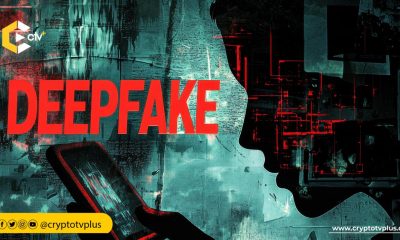

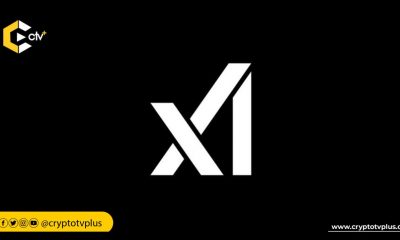



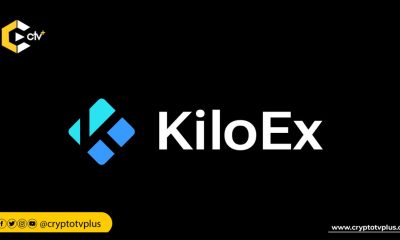

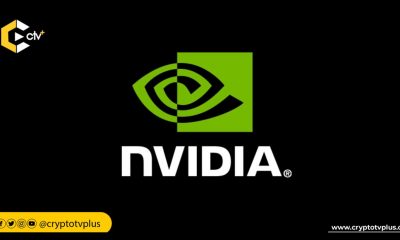

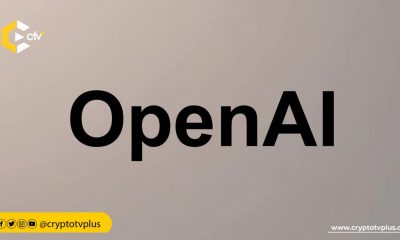











2 Comments